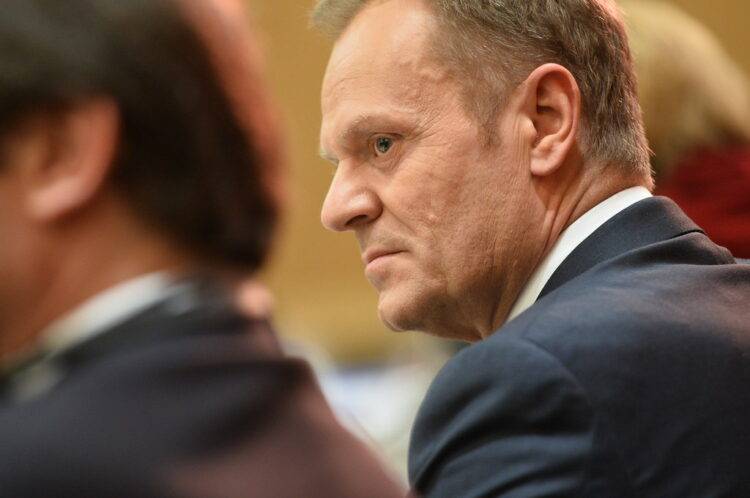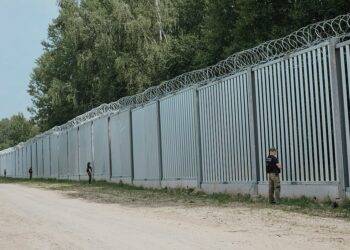The German media has criticized the migration policies of Poland’s current government, led by Prime Minister Donald Tusk. According to “Sueddeutsche Zeitung,” Tusk’s government aims to maximize the prevention of migrants from entering the EU, drawing comparisons to the approach of the previous ruling party, Law and Justice (PiS).
A recent incident highlighted these tensions, where German officials transported a family of Afghan migrants to Osinów Dolny in Poland’s West Pomeranian Voivodeship. This move has sparked heated debate, with the German side expressing regret over the incident.
“Sueddeutsche Zeitung” commented that Tusk’s government, like PiS, seeks to prevent migrants from reaching the EU territory. The Polish government has reinstated a restricted zone on the border with Belarus to deter refugees and smugglers, a measure seen during PiS’s tenure. The paper’s Warsaw correspondent, Viktoria Grossmann, noted that this buffer zone aims to increase border security, but its ultimate effectiveness and purpose remain controversial.
The 61 km buffer zone, although smaller than that established by PiS, still raises questions about access for media and humanitarian organizations, who must obtain permits to enter. The Ministry of National Defense emphasized the heightened risk to Poland’s borders, with Defense Minister Władysław Kosiniak-Kamysz calling the situation the most dangerous since World War II. President Andrzej Duda also underscored Poland’s crucial role in strengthening the EU’s eastern flank.
The debate intensified following the tragic death of Sergeant Mateusz Sitek, who was fatally stabbed by a migrant on the Belarusian border. German media pointed out that Tusk consistently signals his reluctance to accept migrants from Asia and Africa and rejects the redistribution of refugees among EU countries. He stated that the European migration pact, as currently adopted, allows Poland to avoid negative consequences, emphasizing Poland’s substantial intake of migrants from Ukraine and Belarus due to the ongoing conflicts.
The German media observed that right-wing politicians in Poland are stoking fears of migrant influxes on social media, with a significant increase in public support for illegal pushbacks from 52% in 2022 to 67% recently. “Deutsche Welle” reported that Germany, too, faces migration challenges, with a notable rise in illegal immigrants arriving via the so-called Belarusian route through Poland.
As migration issues continue to strain international relations, the policies and actions of the Polish government remain under scrutiny, reflecting broader concerns over border security and humanitarian responses in the EU.


















